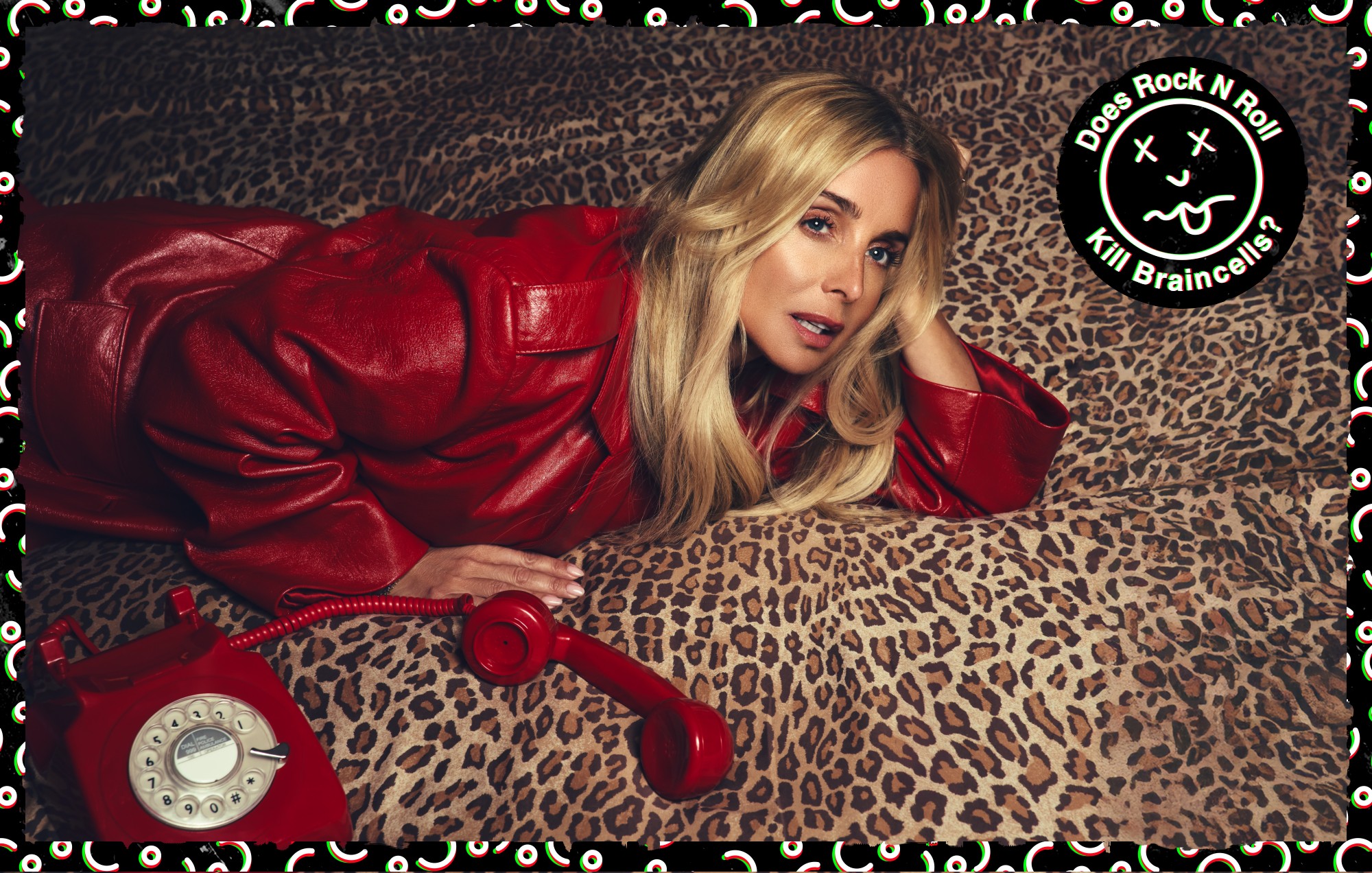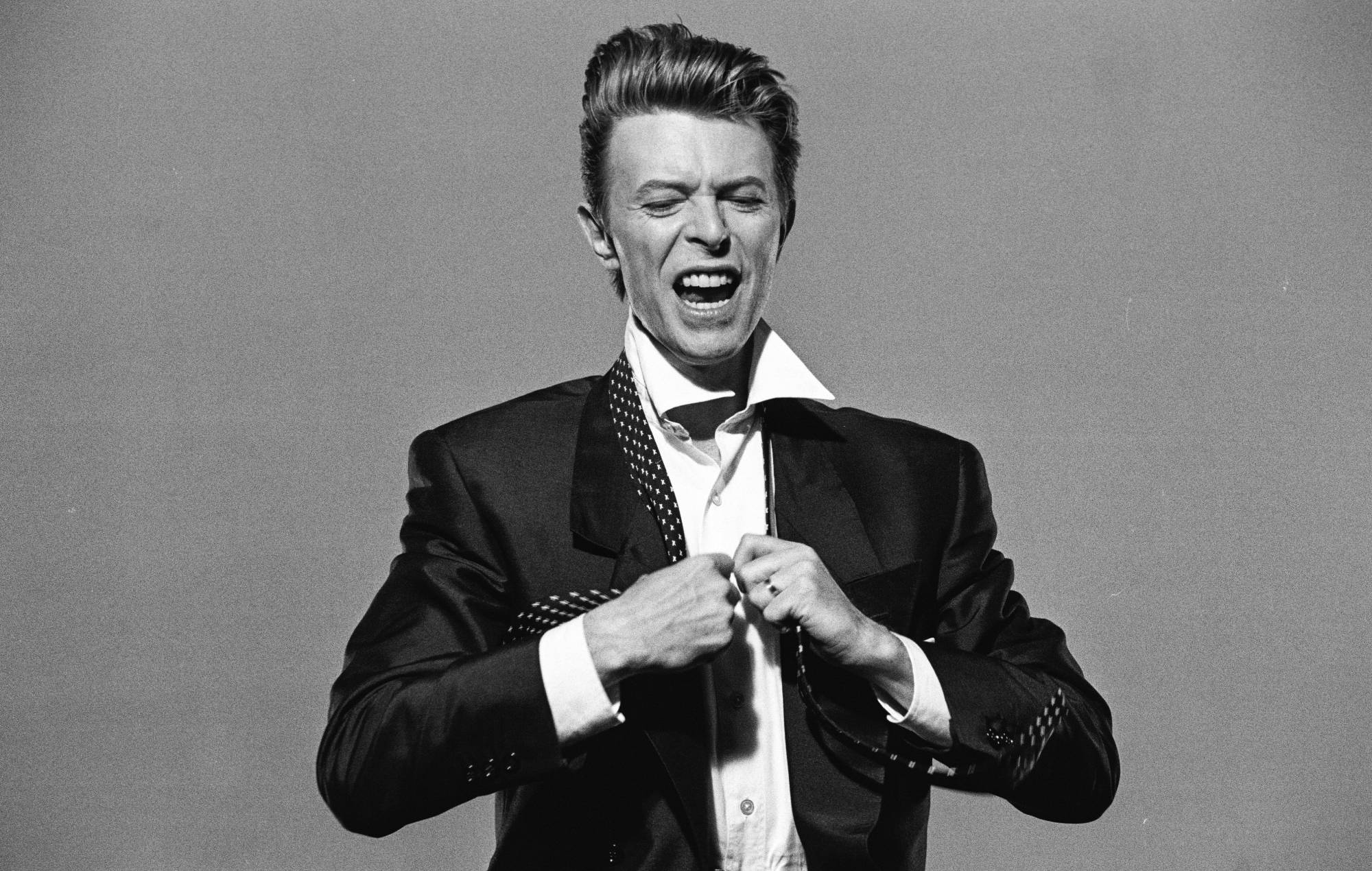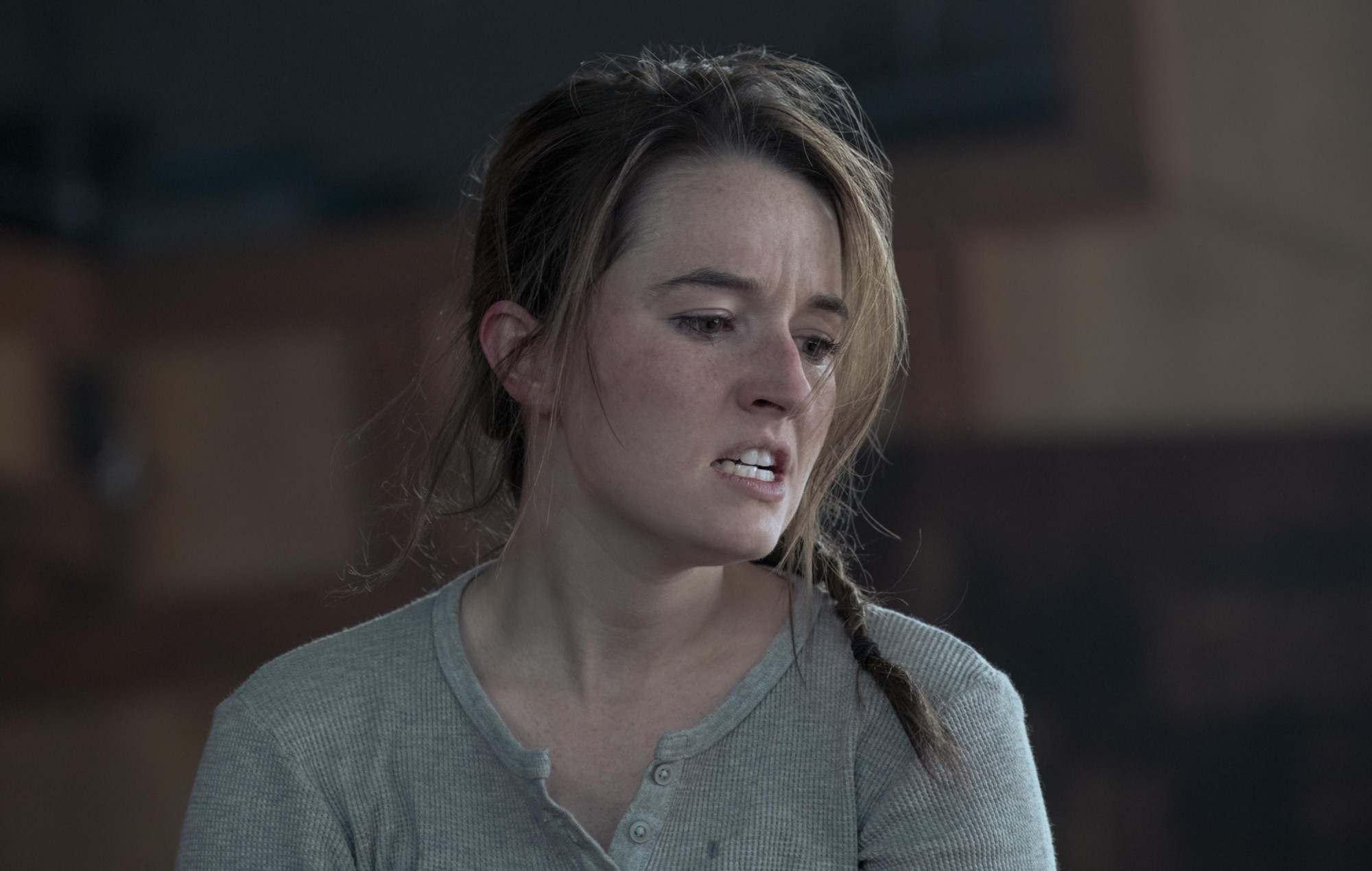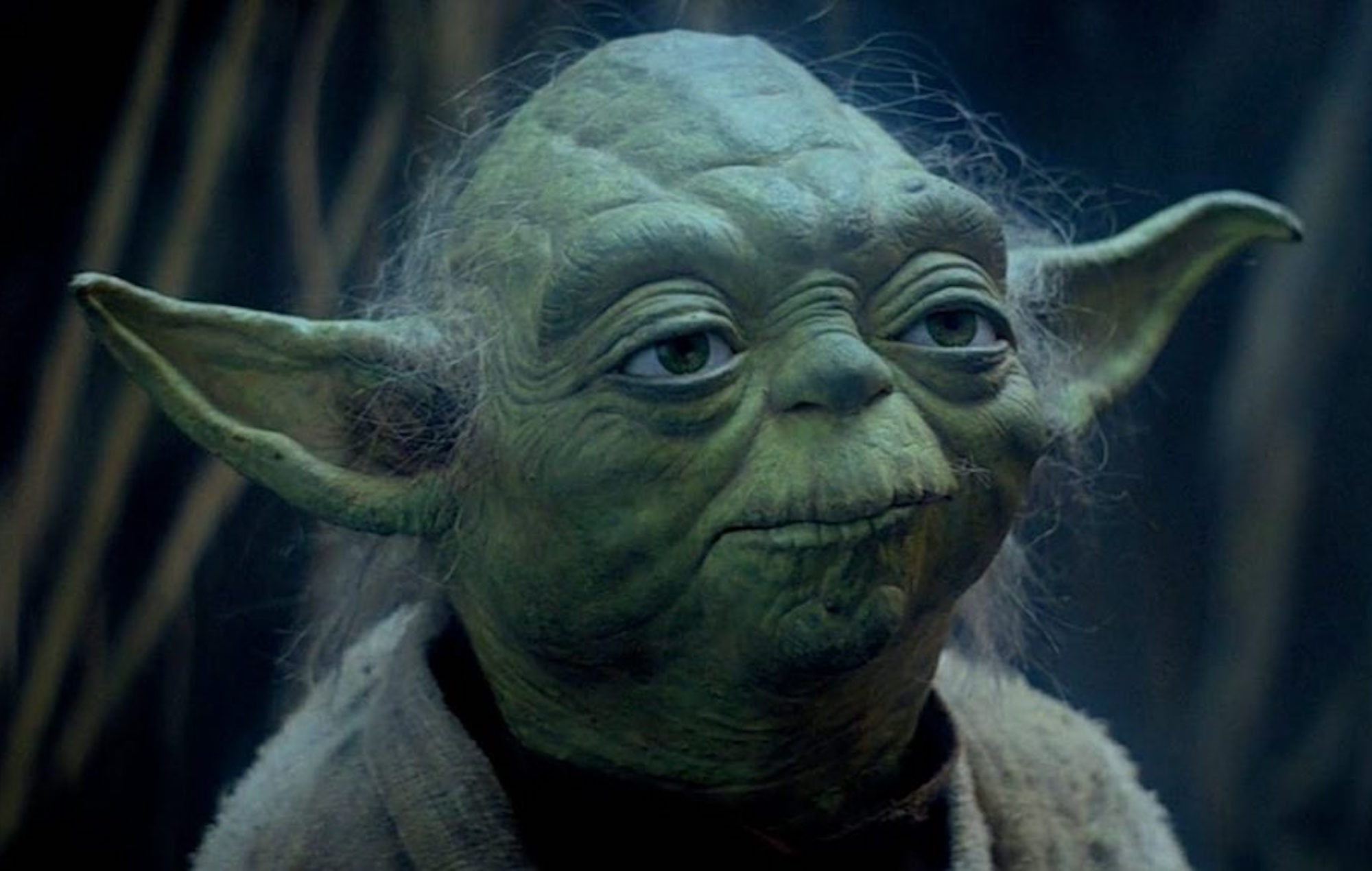Steve Bug has been a central figure in the electronic music scene for decades. Celebrating the 25th anniversary of his renowned label, Poker Flat, this year, Bug continues to shape the sounds of deep house and techno. Known for his precision in crafting tracks that blend groove and innovation, he has released numerous acclaimed albums and singles. Bug’s influence extends beyond his own productions, nurturing talent through Poker Flat and solidifying his legacy as a tastemaker, and his sets, characterized by their seamless flow and energy, captivate audiences worldwide.
His latest project saw him helming the Under One Roof compilation, a various artists releases that started life as a coaching retreat in Ibiza. With the compilation out now on Poker Flat, we sat down for a long overdue chat with one of electronic music’s most dedicated servants.
When you started the Mixmaster course, did you expect that you’d be releasing nearly all of the tracks?
I had already done another retreat earlier that year, where I ended up signing one artist for an EP on Poker Flat, so I knew that the overall production level was pretty high. However, not every track was musically suitable for the label. So when I got booked for the retreat with Huxley and Denney, I was curious to see if there was another artist I wanted to sign for one of my labels.
When did you start to realize the artists involved were producing some pretty special tracks?
I think it was at lunch on the second day. I sat down with Huxley and Denney, and we talked about the great track ideas circulating at the retreat.
What were some memorable moments from collaborating with Huxley, Denney, and Jade PraiZe during the retreat?
In general, I felt that Huxley, Denney, and I made a great team, giving advice to the students from different perspectives. We also got to know each other better, which was cool. Let’s be honest, it’s rare to spend almost a whole week around other artists. We usually meet at gigs, airports, or dinners, but then we go our separate ways. This retreat made us really connect. I’ve already released a collaboration with Huxley on Poker Flat, and a second one is in the making. With Denney, I finished two tracks that will soon be released on Hot Creations. I only met Jade on the last day during the listening session of the final tracks, so I can’t say much more about her, but we are working on a collaboration as well.
When contributing your own remix to the “Under One Roof” series, how did you balance maintaining your unique style with respecting the original track?
I chose to remix this track because there were many elements I felt I could use to turn it into a Steve Bug Remix.
How do you envision the “Under One Roof” series evolving? What goals do you have for future releases?
In the future, we may mix known and unknown talents to get the attention needed. But we primarily see the series as a platform to release and promote new talent.
Reflecting on 25 years of Poker Flat, what have been some of the most significant highlights and challenges for the label?
There are so many highlights over 25 years. One standout was definitely the Trentemoller album. In general, I am really happy looking back at the music we have released. There are so many timeless classics that are still playable and work in today’s sets as if they were just released. The transition from vinyl to digital wasn’t a big challenge, but shifting from selling music to mostly streaming is definitely problematic. The income from streaming is, as we all know, a joke.
Besides Poker Flat, you also run other labels. How do you differentiate the musical direction and vision for each label?
At the moment, we only run Sublease Music alongside Poker Flat. Sublease focuses on a dubby, deeper house sound, while Poker Flat is about bangers—from deep and housey to techy.
How do you balance your time and creative energy between managing labels, producing music, and performing as a DJ?
I just do. Haha. Obviously, when I’m touring, I’m not in the studio, but I can still handle some label tasks. When I’m in Berlin, I mostly handle label work in the morning, spend afternoons in the studio, and sometimes do more label work in the evening, depending on what’s necessary. It’s just what I do, and I love doing it, so it never really feels like work. It feels like spending my days doing what I love.
What advice do you give to emerging artists about building a sustainable career in the music industry?
Try to find your own sound. Don’t rush things. You don’t have to release your first-ever tracks. Play them out and learn what you could’ve done better. Keep learning, stay curious, and when the moment is right, send out your tunes or start your own little label with friends. Be prepared for setbacks. A career in music is never a straight line up. It requires hard work, stamina, luck, and self-confidence. Don’t be afraid to make mistakes; they will help you get stronger and better. But be aware, not everyone who works hard will have a career in music. It might be good to have a plan B. You can always work on music as a hobby.
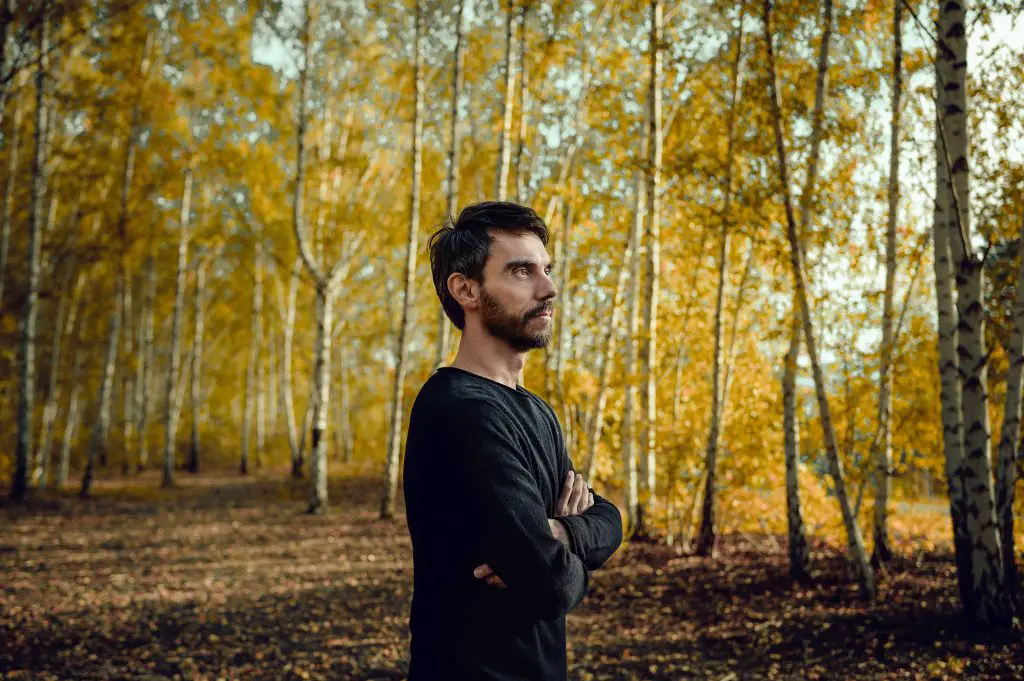
Over the years, how has your approach to music production and DJing evolved? What personal milestones are you most proud of in your career?
I don’t know if much has changed in my approach to creating music. It probably has, as I’m always learning new things and trying new gear, which sometimes helps in the creative process. But I don’t have a formula or a go-to production process. I just sit down and start playing with sounds, grooves, drums, etc. Whenever I feel there is something cool, I add more to it. Sometimes it turns into a finished track; sometimes it remains a fun loop. I enjoy making music without thinking about genre or specific goals. The best things happen when you are playful.
In DJing, it’s similar, but it involves other people. I usually get on the decks not knowing what I’m going to play. I start with a nice groover and see where the night goes. DJing is like having a great conversation. At first, you find the right language or topic, and once you do, you can take the conversation in any direction.
I don’t think of milestones; I just enjoy the ride. I’ve played in many great clubs and festivals, but I live in the moment. I’m happy that I can still play music for people and that this ride is far from over.
How has your relationship with the music industry, DJing, and producing evolved? Are there specific changes that have significantly impacted your approach to your craft?
I’ve always been open to new things and new styles, but only to a limit. A lot of what’s happening today has nothing to do with what I do, and honestly, I don’t want to be part of that. I’m happy for everyone who finds joy in what they do, even if I think it’s a joke. Everyone has their preferences. I’m glad there’s still a smaller world that appreciates what I and many other artists do, far from the limelight. House and techno have always been a home for minorities, a safe place for outsiders and so-called freaks. What’s happening in the mainstream electronic music business is what most people were running from back in the day. When I found house music, I found my place, passion, and profession.
There are still many people supporting this thinking when running a club, promoting an event, writing music, or playing a set. I believe we need a clear separation between the mainstream and the more classic approach to house and techno nightlife. Someone recently suggested calling some people performers instead of DJs, as that’s basically what they are.
Looking back at the early days of your career, are there aspects of the industry or the DJ/producer lifestyle that you miss? How do you compare those times to the present?
It was a community back then. People supported each other. Money wasn’t the reason people became DJs, artists, promoters, or club owners. When money came in, things started to change. The end of the nineties saw the first peak of the music business in Europe. When the first raves started to fail and people lost a lot of money, everything shrank down. Many new clubs opened in the early 2000s, and the music got a lot better. It was probably one of the best decades for the scene. Then it blew up on a much bigger scale internationally. If you look at some of the fees paid nowadays, there must be many multimillionaire DJs, and the big companies owning many festivals probably make even more money every year. But with so many people trying to get their cut, we are starting to see various festivals fail. These might be the first signs of the bubble bursting again. It will be good for the music.
When you look towards the future, what changes or developments do you hope to see in the electronic music industry?
I always felt, and still feel, that house music (or techno) is not for everyone, and that the better parties are the smaller ones. The ones away from the mainstream, attracting a crowd that comes for the music. A crowd that comes to dance and let go on the dance floor, relieving the stress and pressure of everyday life. I know this world exists, and I would love to see it continue to thrive, no matter what the mainstream decides to embrace.
Under One Roof is out now on Poker Flat
The post Steve Bug reflects on his recent Under One Roof compilation and 25 Years of Poker Flat appeared first on Magnetic Magazine.
